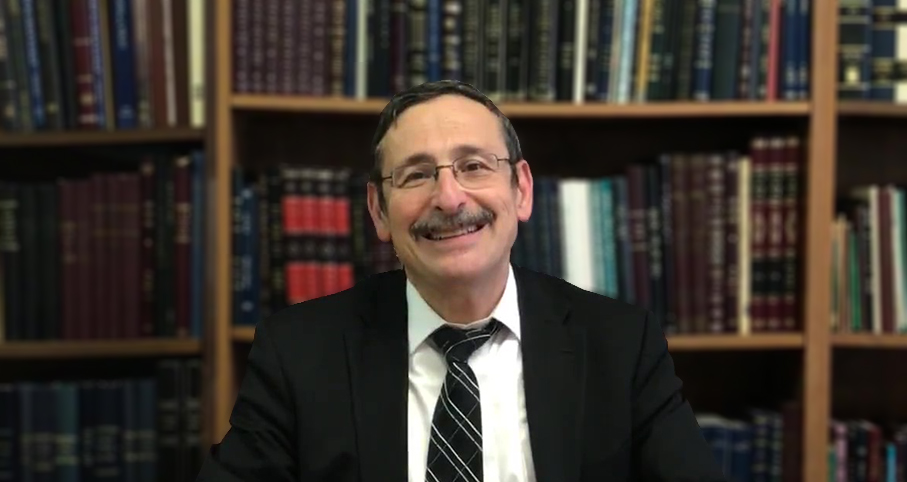Beit Midrash
- Sections
- Chemdat Yamim
- P'ninat Mishpat
Ruling: Beit din accepts def’s basic claim that pl was required by the guidelines of employees on sabbatical leave to inform in writing by a certain date that he planned on returning. In this case, their claim is far beyond a technical claim of failure to formally inform. Rather, pl left a strong impression with various relevant parties that he was not interested in retaining his original job. Therefore, according to the law, def is not obligated to pay pl.
However, beit din feels that def did not fulfill their moral obligation to pl, who was an important and long-term employee who contributed a lot to def. It is not as if pl gave the impression that he planned on leaving the employment of def and/or that he had found alternative employment elsewhere. Rather, he had expressed a desire to change positions within def’s apparatus. While def admitted that they should have met with him to discuss the situation in a serious manner out of honor to him, beit din feels that they should have done so out of concern for his welfare, as one whose livelihood had been tied to them for years. The severance payments were not legally required, but they were not well beyond the obligation.
[The main halachic discussion was about the parameters of beit din obligating a side to pay beyond the letter of the law. We will bring just the very basic ideas.] The gemara does tell stories where beit din ordered someone to pay beyond the letter of the law, especially to workers, and the Beit Yosef, Choshen Mishpat 12 cites opinions on whether these are halachic precedents. The Acharonim, including those of recent times, have sided with the opinions that beit din can do so, especially when there is a clear moral obligation involved.
Beit din required def to add another 33% onto the severance pay so that the sum came out to be somewhere between a third and a half of a year’s salary.

P'ninat Mishpat (802)
Various Rabbis
249 - Returning Tuition When a Student Was Expelled – part II
250 - Who Should Discuss With Whom?
251 - Late Pay Without Fringe Benefit
Load More

P'ninat Mishpat: Multiple Agreements and Parties – part II
based on ruling 80082 of the Eretz Hemdah-Gazit Rabbinical Courts
Beit Din Eretz Hemda - Gazit | Kislev 5786

P'ninat Mishpat: Smoking Rights in a Rental? – part I
based on ruling 85076 of the Eretz Hemdah-Gazit Rabbinical Courts
Beit Din Eretz Hemda - Gazit | Tishrei 5786

P'ninat Mishpat: Late and Flawed Apartment
based on ruling 82174 of the Eretz Hemdah-Gazit Rabbinical Courts
Beit Din Eretz Hemda - Gazit | Kislev 5786




























